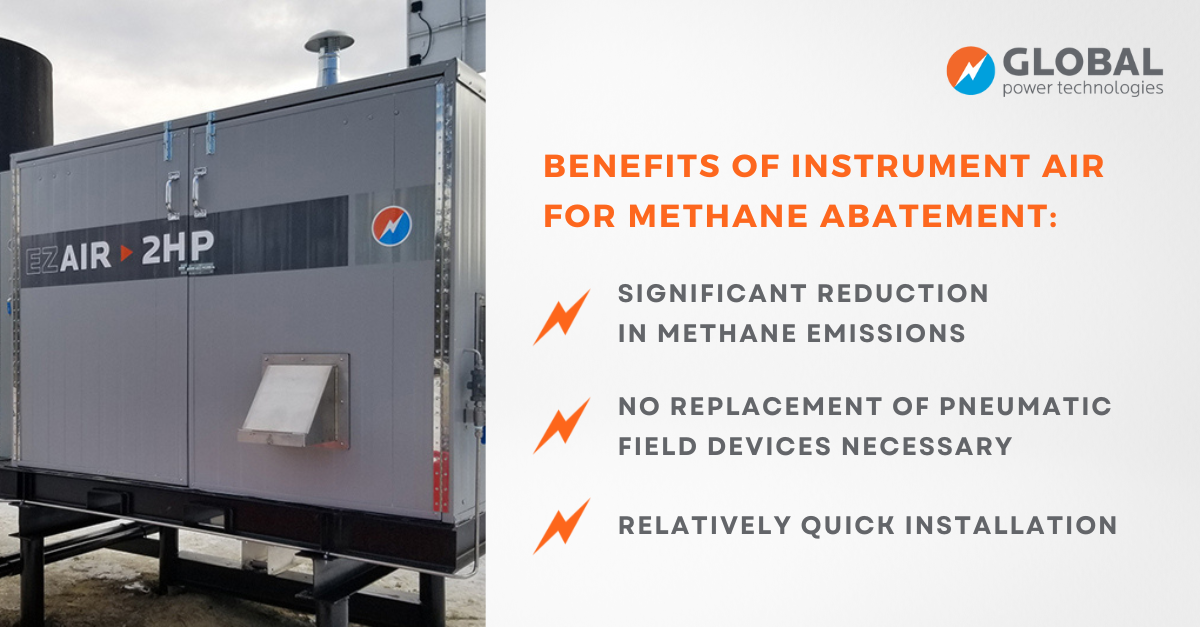Net-zero emissions goals are a common topic of discussion in today’s oil & gas industry. Within this conversation, there is a school of thought that regulations mandating action from producers shouldn’t be necessary because there should be inherent economic benefits to doing so.
An example of such an economic driver is the movement of stock exchanges finding ways to validate ESG targets of companies and measure their progress towards them. In the near future, we may see black-and-white rules implemented regarding ESG statements that a publicly traded company could make, similar to what SOX compliance does for financial reporting standards. Publicly traded companies will be able to drive shareholder value by committing and demonstrating progress towards ESG targets, making the investments towards capital to meet lower emissions economically attractive.
Other economic benefits, such as carbon credits and carbon trading systems, also actively promote emissions rather than incentivize a reduction. Similarly, avoiding taxes or fines that would be imposed for not meeting the emissions requirements provides economic benefit in cost avoidance.
For an oil & gas producer or pipeline looking for opportunities within their facilities to improve their environmental footprint, methane abatement is a great place to start.
The impact of methane abatement
Methane abatement is seen as one of the primary ways to reduce overall greenhouse gas emissions in the Oil & Gas industry. Methane has a significant impact as it is “more than 25 times as potent as carbon dioxide at trapping heat in the atmosphere” (U.S. EPA). As a primary component of natural gas, methane has been used as a natural part of the industry for many years, driving pneumatic actuation of pumps and valves, but with the negative impact of releasing methane into the environment while doing so. Historically, this pneumatic venting was ignored because it was a simple, safe, and reliable way to produce gas, and the impact of the vented gas to atmosphere was either not well understood or considered negligible. Nowadays, methane emissions and the need for abatement are well understood and have become important to the industry because their impact on greenhouse gas emissions, the major contributing sources, and the means for abatement are becoming more clear.
Instrument air as a methane abatement solution
For facilities with existing infrastructure, one way of eliminating vented natural gas, and thereby methane, is by substituting pressurized natural gas with compressed air into the instrument lines, called an Instrument Air system. From an operator’s perspective, this is a simple and effective solution to implement. The reliable pneumatic field devices do not need to be replaced, meaning Instrument Air can be installed in the least amount of time.
Key considerations when choosing an Instrument Air option
If an operation decides on an Instrument Air retrofit, there are key considerations that must be taken into account, such as reliability and purity of the air supply (replacing the production gasses previously used), intervals between maintenance, and capital and operational costs. Actual airflow and pressure should be well understood to properly size the system, avoiding oversizing to optimize cost and efficiency, but not undersizing the system to avoid unplanned shutdowns.
On some sites without grid power, there is also an important question of how the Instrument Air compressor will be powered. Global Power Technologies, for example, provides several high-efficiency options to power EZ Air Instrument Air systems with the lowest emissions possible. All generators have very high methane destruction (98.5% or higher) and ultra-low carbon dioxide emissions. You can learn more about these systems, the EZ Air, and Global Power Technologies’ 45+ years of ultra-reliable off-grid power experience here.

